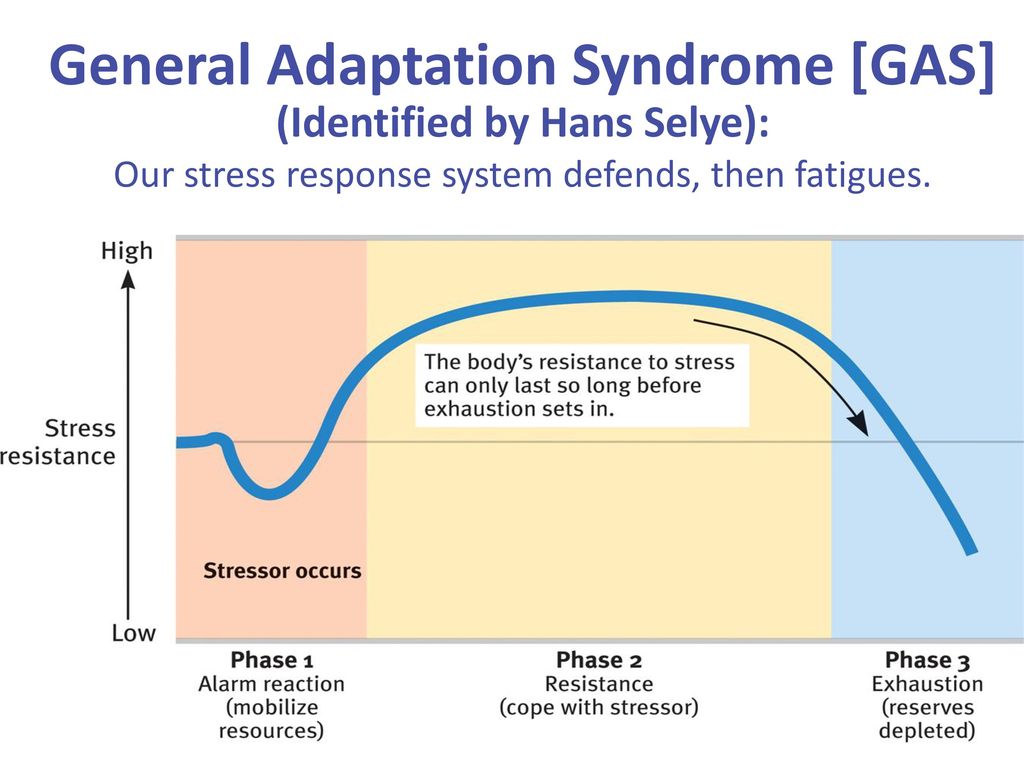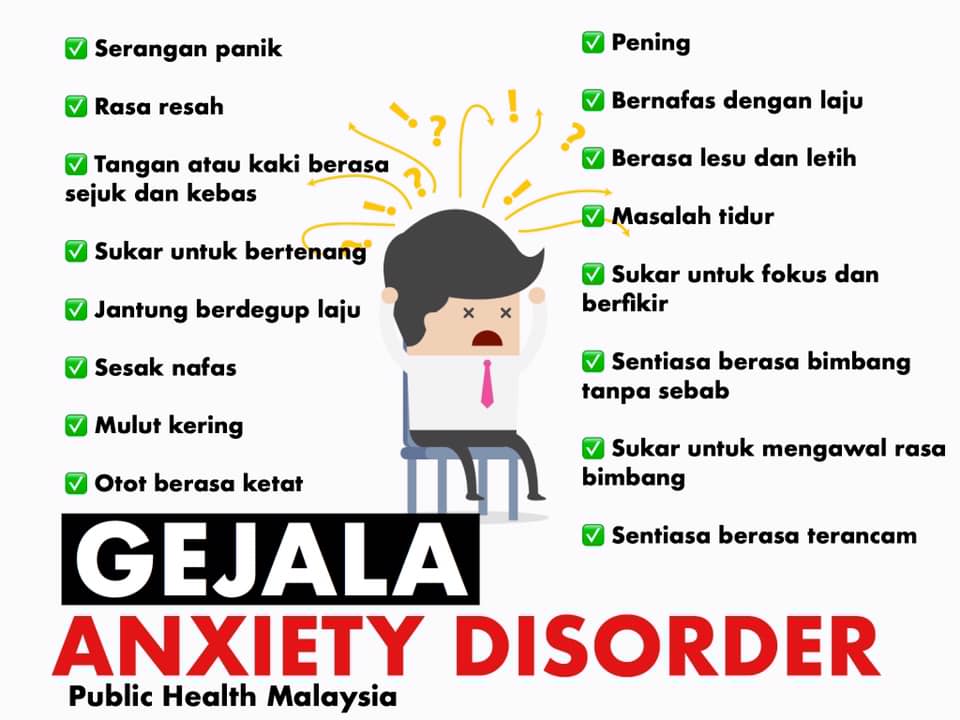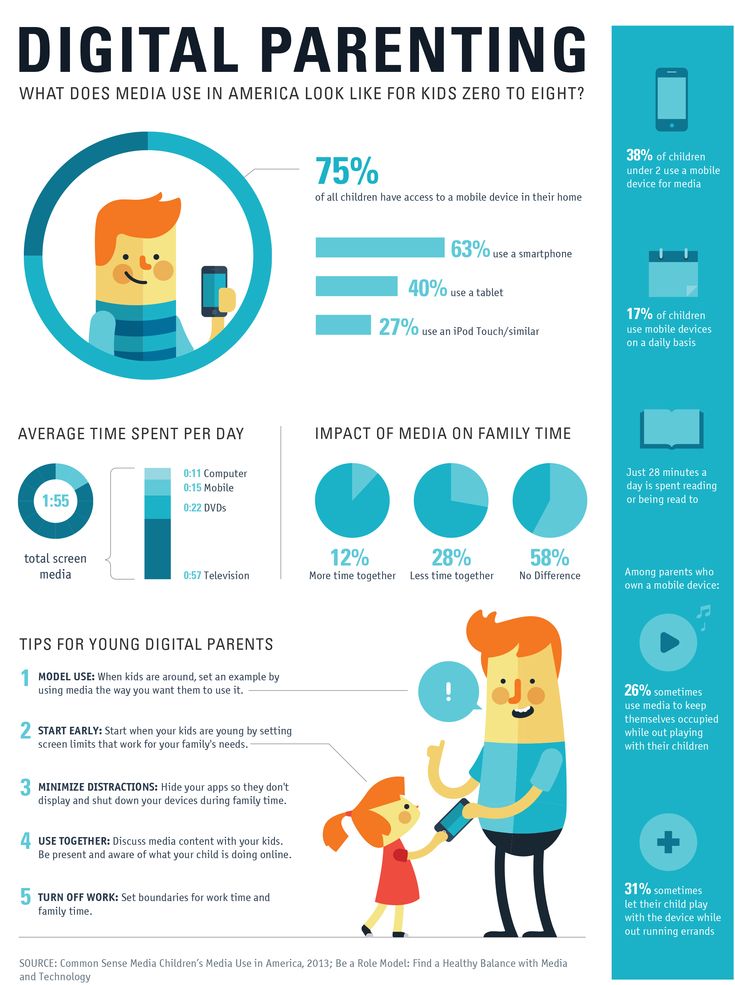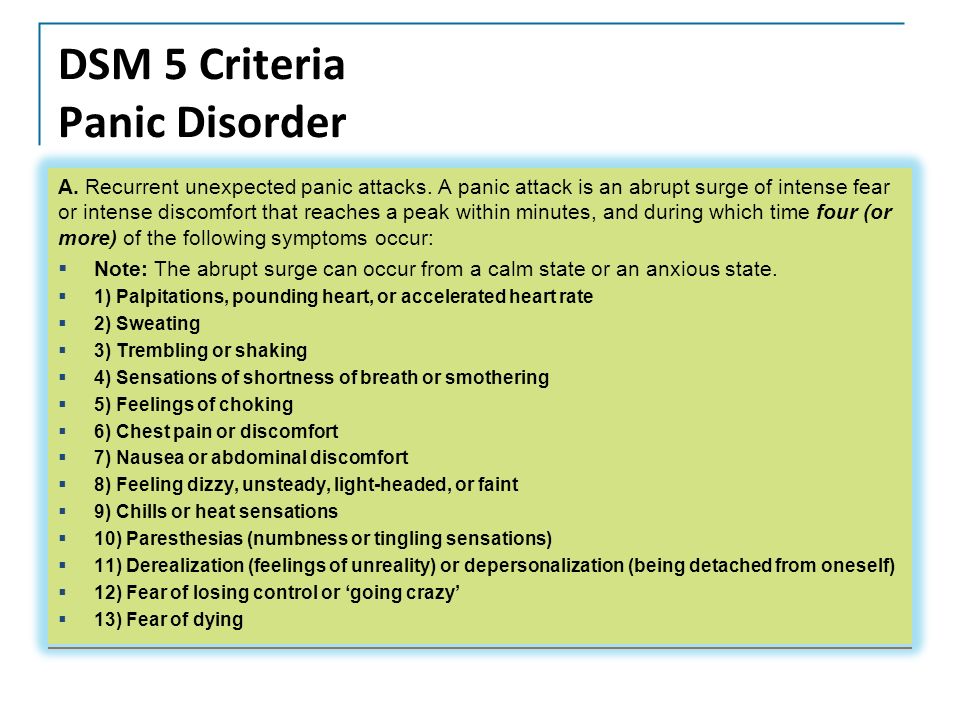How to distance yourself from family
HOW TO DISTANCE YOURSELF FROM TOXIC FAMILY MEMBERS
From a young age, we are taught that family is everything and that no matter what, we should always love and care for ours. But should that infinite love and care extend to the family members that have repeatedly hurt us?
As we come to the end of the holiday season, some of us may feel burdened with the guilt of not seeing that parent who has repeatedly neglected you, or the manipulative aunt, or the homophobic grandfather who you’ve been too scared to come out to. Some of us made the choice to distance ourselves from the people who cause us pain and we are now wondering if we made the wrong decision because after all, it is the season of forgiveness.
Well, to those of you who chose your own happiness and well-being this year, I encourage you to stop feeling guilty and to keep setting boundaries for yourself.
Over the past few years, one of the biggest lessons I’ve learned was the importance of setting boundaries with family members. I, and I’m sure many others, always thought that my family could do wrong. It takes a lot of strength to finally see that that is not true, and in my personal experience, there are a few steps you can take that will help you to realize when it’s time to take a step back and finally say enough is enough.
The first step should always be sitting down with yourself and figuring out what it is that’s bothering you. Is it the way a family member repeatedly talked down on your life decisions? Maybe the way a family member is always looking to start drama with the rest of the family?
Sometimes it can be hard to pinpoint what that person is doing that’s making you want to distance yourself, so it’s important to take time to really think about it. Once you have, you should try confronting the person in a way that is comfortable for you. I believe this is one of the hardest parts and it takes a lot of courage to finally feel comfortable in doing it.
Once you confront the person responsible and tell them what they’re doing that’s hurting you, you have to play a bit of a waiting game. If they continue with the behavior, then this is when it’s time to start thinking about distancing yourself from them. Whether or not a person can respect clear boundaries that you’ve put in place for your own well-being is a very big teller of their character. Once you’ve made those boundaries clear, it’s up to them to understand them and anyone who cannot respect them, or doesn’t try to, does not deserve to play a role in your life.
If they continue with the behavior, then this is when it’s time to start thinking about distancing yourself from them. Whether or not a person can respect clear boundaries that you’ve put in place for your own well-being is a very big teller of their character. Once you’ve made those boundaries clear, it’s up to them to understand them and anyone who cannot respect them, or doesn’t try to, does not deserve to play a role in your life.
In the past year, I’ve been forced to take a step back and realize how I was being disrespected and manipulated by certain members of my family, and it took a long time for me to finally say enough is enough. This decision is not something that happened overnight and that will most likely be the case for anyone else in this position. However, I encourage you to stay strong and focus on what you can do to better your own mental or physical health, even if that means letting go of people you were told would always “be there” for you.
How to create and maintain distance with toxic family member.
 ..
..Relationships
By Nikki Emerton
Published on 25th July, 2022 | Updated on 16th January, 2023
"I know they are toxic, but they are my family." Sound familiar? It is something that I hear frequently and it is a source of internal conflict for many people.
That moment when you realise that those people who are meant to have your back, are supposed to be your biggest cheerleaders are actually the very people who are sucking the life out of you.
That moment when you recognise that your nearest and dearest tear you down, make you feel less than worthy, drain you, criticise you, use you, blame you, and treat you as their verbal punch bag.
Even the terminology 'toxic people' can be a little contentious as it is bandied around with a stigma that the person is toxic rather than their behaviour. This is far from accurate, behaviours can be changed.
What is a toxic person and how can you distance yourself from them if they are your family?
A toxic person is a terminology that has gained popularity recently to label a set of behaviours that constitute 'toxicity'. I much prefer the use of difficult or challenging behaviours as none of us is incapable of displaying such behaviours.
We all have the ability to become challenging in our own behaviours, especially when life is difficult and there seems to be no way out. Behaviours don't define a person, labelling someone tends to make it stick more.
A toxic person or a set of challenging or difficult behaviours look something like this:
- Bitterly complaining, being pessimistic or being negative repeatedly and over time.
- Negatively judging others or themselves to create a drama or provoke a response.
- Manipulating situations or people to their own benefit without consideration of consequences.
- Controlling the who, what, when, and where of the relationship so that you feel like a puppet, and they are the puppeteer.

- Blaming others for situations without taking any responsibility for the part they played in it.
- Needing attention, making themselves the centre of attention, demanding attention, and rarely reciprocating it.
- Inconsistent or erratic behaviour, they blow hot, they blow cold, and you have no idea what is coming next.
- You have to walk on eggshells, minding what you say, when and how you say it and not expressing what is important to you for fear of the response.
- They don't respect boundaries, even when you are clear about them they have a tendency to ignore them especially if they want something from you.
What does it feel like to be on the receiving end of prolonged difficult or challenging behaviours (toxicity)?
- You feel like you have to constantly rescue the person or fix their problems.
- You dread seeing them.
- You feel drained after being with them.
- Your mood drops, and you feel angry, sad or depressed when you are around them.
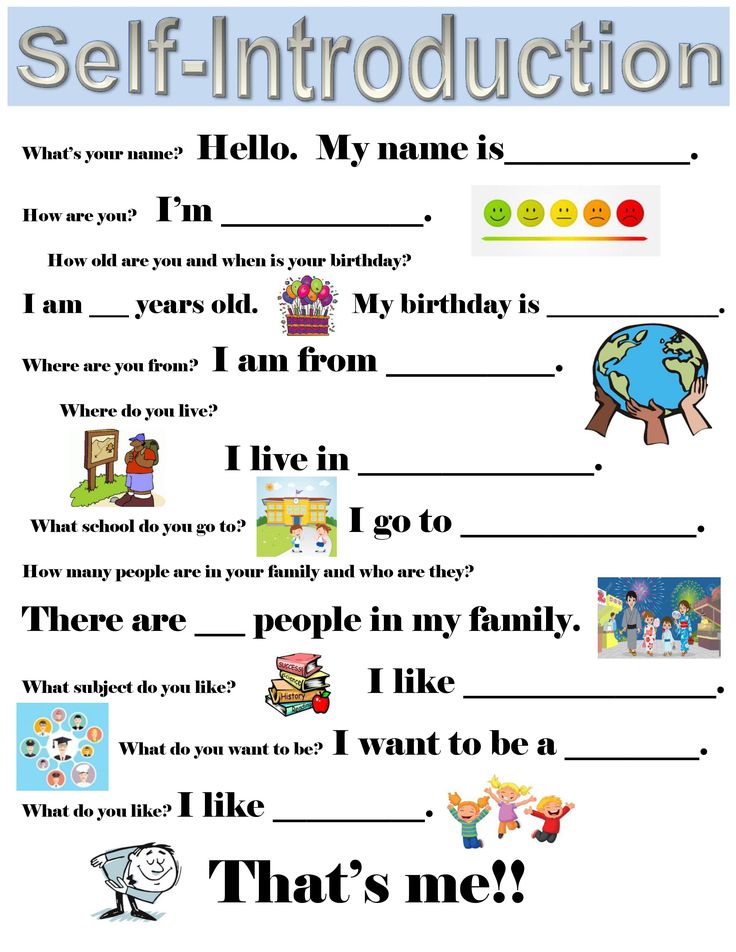
- You feel you have to prove yourself, impress them or conform to their preferences.
- You’re affected by their drama or problems, it stays with you long after you have left them.
- They ignore your needs and don’t hear ‘no’.
What can you do when you notice that behaviour in your family?
Now we have clarified what constitutes challenging and difficult behaviours that are not ok, are draining and toxic, what do you do when that kind of person is family?
- Create distance - my first and foremost recommendation. If you cannot cut ties completely then create distance.
- Set very clear and concrete boundaries - and keep them in place. You might have to repeat them multiple times before they are heard.
- Don't let boundary setting turn into fear. If the family member has any ounce of respect then they will not look to threaten you. If they do threaten you then that is even more reason to set clear boundaries and distance yourself even more.

- Be prepared to call them out on their unacceptable behaviour. Often challenging people are unaware of their behaviours.
- Remember that controlling people are only interested in themselves and have little regard for the needs of others.
- Don't give an inch - ever! If you give an inch and they will take a mile.
- Decide what role you want to play in the relationship. Perhaps discuss it with other family members who may also be affected if it is appropriate to do so and be clear about what part you want to play (if any) in the relationship with the toxic person.
- Once you have decided what part you want to play and the distance you want to create - stick to it no matter what. It will be tough, to begin with, but worth the initial effort.
- Remind yourself that you deserve to have equal and healthy relationships and that life is too short to spend it with people who drain you.
- Remind yourself that you are not responsible for other people's happiness, that is their job.

- Remind yourself that you are not responsible for others' issues (assuming they are adults with no extenuating reasons that would warrant additional support). Their issues are their own in the same way your issues are your own.
- Make yourself less available.
- Remember that 'no' is a response that requires no explanation.
- Expect to be blamed.
- Use the 'not my circus, not my monkeys'. Do not get caught up in their anger, drama or toxic behaviour.
- Accept the family member for their limitations.
- Start connecting with a wider range of friends who treat you as equal, encourage a healthy relationship and respect your boundaries. To remind you what a healthy relationship is like.
If the guilt creeps in
Most people feel guilty when they distance themselves or cut ties with family members.
Social conditioning teaches us that family is everything, blood is thicker than water, and that you should be ever grateful for your family because they are the people who are always there for you.
When family is mutually respectful, healthy, uplifting and encouraging then the above is true. When it is not, then social conditioning can leave us feeling guilty for wanting to distance ourselves from family members who have difficult and challenging behaviours.
Accept that you are likely to feel an element of guilt, that shows that you have compassion.
Friends are the family we choose
I have this on a plaque in my home. It helps soften the wound of cutting ties with family members who have toxic behaviours.
When you have come out of the other side, re-invented the relationship and began to see the benefits, you are likely to see just how negative an impact the person had on you.
Given time and perhaps a change of circumstances, a newfound strength on your part, there may be the opportunity to rebuild the relationship on better terms. Quite often people are unaware of the negative impact their behaviour has on others but don't expect it.
You can't change other people unless they want to change. You are responsible for your own happiness, how you lead your life and the decisions you make.
All of the above is relevant to any relationship that is unhealthy, unequal, disrespectful, difficult, challenging or toxic. In intimate relationships, friendships, acquaintances or work relationships. The above strategies can be used in any of those situations to good effect.
If you fear conflict
Fear of conflict is often a key component in toxic relationships. Seek ways of improving your ability to deal with conflict as this will help you set clear boundaries, not only with people who might take advantage of your discomfort with conflict but also with those who drain you.
There are many books on the subject, short courses and of course, coaching. All will help you improve your ability to deal with challenging people and situations.
Share this article with a friend
Article Tags
Relationships Family
Salisbury, Wiltshire, SP5 3BN
Salisbury, Wiltshire, SP5 3BN
Having spent the majority of my life not really knowing how to be resilient to life's ups and downs, I discovered NLP, hypnotherapy and coaching.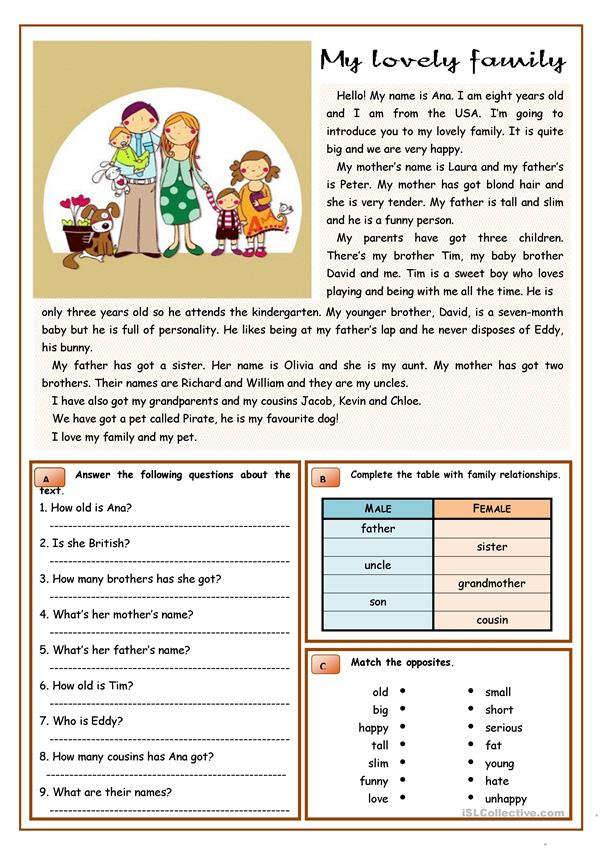 I've found this invaluable in my own life and now use the skills I have learnt and the experiences I have had to help others change their thoughts and behaviours to achieve health and happiness.
I've found this invaluable in my own life and now use the skills I have learnt and the experiences I have had to help others change their thoughts and behaviours to achieve health and happiness.
Show comments
Find a coach dealing with Relationships
What type of session are you looking for?
In person Online / Phone
Location
Search by location
For the most accurate results, please enter a full postcode. If you are searching for an online/phone Life Coach or NLP Practitioner, you don't need to enter your location, however, we recommend choosing a Life Coach or NLP Practitioner near you, so that you have the choice to see them in person in the future.
If you are searching for an online/phone Life Coach or NLP Practitioner, you don't need to enter your location, however, we recommend choosing a Life Coach or NLP Practitioner near you, so that you have the choice to see them in person in the future.
Breaking up with loved ones: misconceptions, causes and possible benefits
- Christine Roe
- BBC Future
Image copyright BBC/Getty
Being a stranger to your family happens more often than you might think. For society, such relationships are often like a stigma. However, according to psychologists, sometimes life away from your loved ones is much healthier, and sometimes it's the only way out.
Nanditi Godbole had a breakup with the rest of her wealthy Indian family over.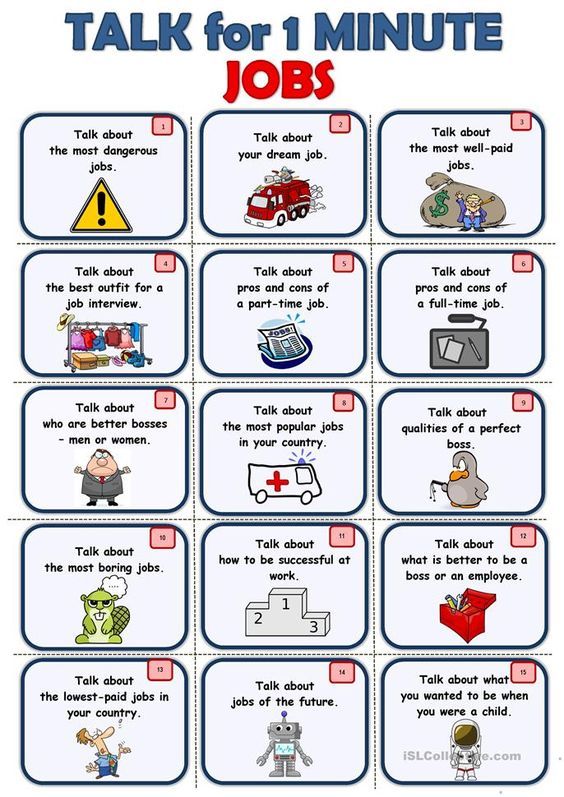 .. food.
.. food.
Godbole writes books about how to cook, but her relatives, who are used to hiring a cook to cook, consider her passion unworthy. And when her last book came out, in which Godbole delved into the history of her family, the discord became even more pronounced.
Relatives felt that by telling about what outsiders should not know, Godbole went against the traditional family hierarchy. Some even stopped talking to her.
This story is, of course, unique in its own way, but what Nanditi Godbole experienced because of the break in relations with her family is not at all uncommon.
Family alienation can be described as alienation and loss of attachment that deepens over the years (or even decades) within the same family.
At the same time, it is not always possible to understand in which direction the situation is developing - in the direction of deterioration or improvement. For scientists, this is a relatively new area of research.
But this phenomenon is very common. For example, the British charity Stand Alone, which provides support to those people who suffer from a broken relationship with loved ones, believes that this happens in one out of every five families in the United Kingdom.
Image copyright, BBC/Getty
Image caption,Disagreements with loved ones are discussed more than in previous years
Skip the Podcast and continue reading.
Podcast
What was that?
We quickly, simply and clearly explain what happened, why it's important and what's next.
episodes
The End of the Story Podcast
An American study found that out of more than 2,000 mother-child couples, 10% of mothers are in a situation of alienation with their adult daughter or son.
Another study (also in the US) found that more than 40% of participants experienced alienation within their families at some point in their lives. Moreover, in certain social groups, this is almost as common as divorce.
Moreover, in certain social groups, this is almost as common as divorce.
Stand Alone founder Becca Bland (who has her own experience of living at odds with loved ones, she does not communicate with her parents) notes that this topic is now being discussed much more widely than before - even five years ago.
This is also confirmed by Google Trends query statistics: people are increasingly entering words in the search box that describe the situation of alienation - this happens primarily among users in Canada, Australia and Singapore.
Bland believes that Meghan Markle helped this to a large extent when she entered the British royal family.
Prince Harry's wife, the Duchess of Sussex, who won first place in search queries in the British Google (and second in the US) in 2018, spurred public interest in intra-family conflict situations due to her difficult relationship with her father.
- How breaking up a relationship will affect your personality
- How life in marriage changes your personality the same interest was received by the recognition in an interview in 2018 of the famous actor Anthony Hopkins, in which he said that for 20 years he had hardly spoken to his daughter.

Such celebrity details tend to help ordinary people digest their own difficult life experiences and try to explain them to themselves.
Although examples of alienation can be found in any country in the world, it is more common in a certain type of society or state.
One of the determining factors is how much support the government provides to citizens. In countries with a developed welfare system, people simply do not need strong family ties and the help of relatives to such an extent. And so they have a choice - whether to maintain a relationship with one or another family member.
For example, in Europe, the farther to the south, the more parents and adult children tend to have close relationships, since in the countries of southern Europe state assistance is scarcer.
Image copyright, BBC/Getty
Image caption,The out-of-family phenomenon is more common in countries with well-developed welfare systems
Financial factors intersect with others, such as race or education.
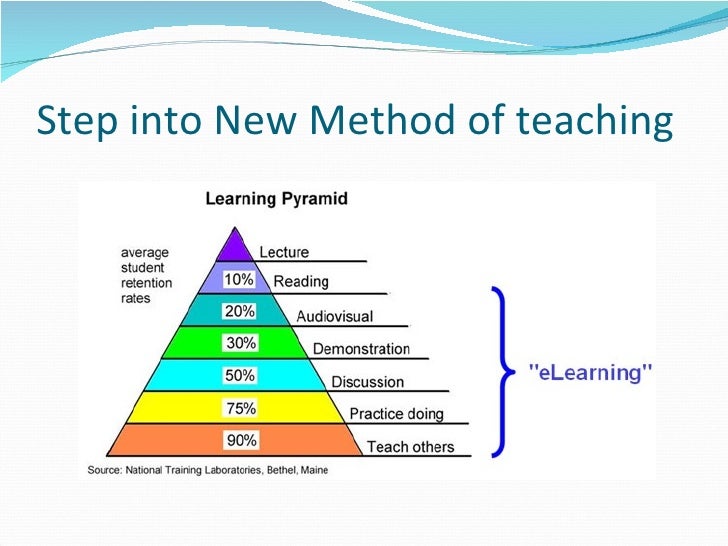 For example, in Germany, the higher level of education of older children often goes hand in hand with a higher level of conflict with parents.
For example, in Germany, the higher level of education of older children often goes hand in hand with a higher level of conflict with parents. It is assumed that well-educated family members tend to be more geographically mobile and need each other less financially.
A study by Megan Gilligan and her colleagues on conflicts in American families over family care showed differences in the experience of adult children depending on race.
However, isolating the influence of culture or class can be difficult. Gilligan, a gerontologist at Iowa State University, notes that in the US, ethnic minorities tend to rely more on the support of family members.
In Uganda, where in recent times it was important to stick to each other, to keep in touch with one another, to survive, family alienation is rearing its head, says Steven Wandera, a demographer at Makerere University in Kampala.
A recent study by Wandera and colleagues found that 9% of Ugandans aged 50 and over live alone.
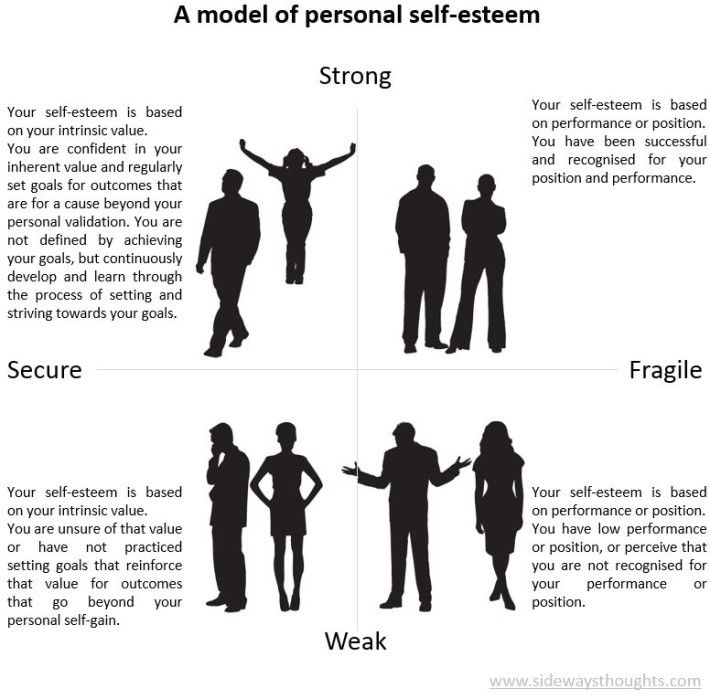 For this African country - a surprisingly high figure.
For this African country - a surprisingly high figure. Of course, this is not exactly the same as alienation. But as families become smaller, more nuclear, and urbanization increases, the percentage of Ugandans living in constant conflict with relatives will rise, Wandera says.
This will not happen quickly. "Cultural norms are still strong and it will take time until they weaken," he stresses. But, in his opinion, in 20 years everything will change.
Image copyright BBC/Getty
Image captionAs families become smaller and more urbanized, alienation will become more common
This does not mean, of course, that governments should reduce financial assistance for the elderly people to force families to maintain strong ties.
Let's say that Spanish family culture has always been considered more "compulsory" than, for example, Norwegian, where intergenerational relations are usually more friendly because they are chosen voluntarily, and not for financial reasons.
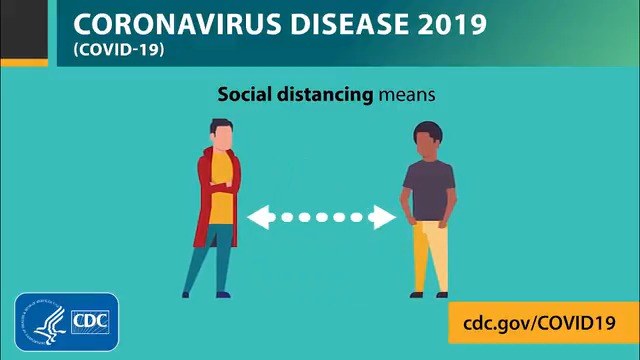
Why this happens
The reason for the loss of intra-family ties is often the divorce of parents - and in such cases, the relationship with the father suffers especially.
A common reason is also a broken relationship with a relative belonging to a marginalized minority (sexual, religious, etc.).
But quite often such a break occurs calmly and without much drama. As Gilligan explains, it usually happens gradually, rather than due to any one major event.
The people she interviewed often said, "I can't say exactly how it happened."
Image copyright, BBC/Getty
Image caption,Often, the breakup between close relatives is gradual and reflects long-standing tension in a relationship.
Those families whose members would like to restore relations, reconcile, should be aware that their conflict is unlikely to be the result of an isolated incident.
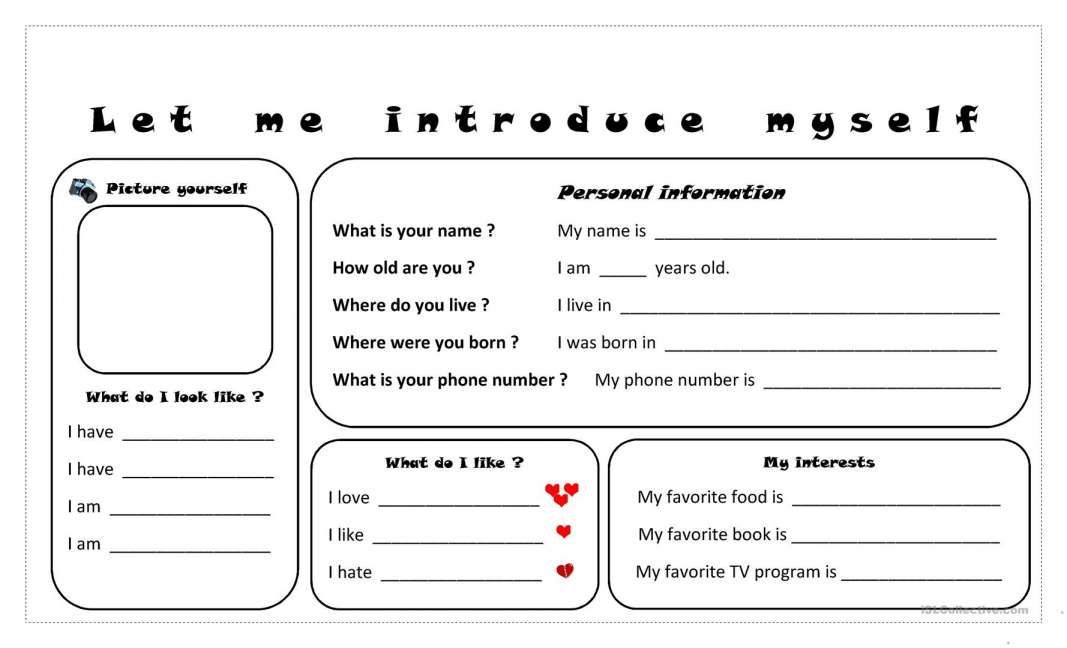 They will have to study their own past more closely.
They will have to study their own past more closely. For those who want to reconcile or prevent alienation, we can recommend: do not rush to condemn the other.
Gilligan's study of mothers, 10% of whom lived without contact with their adult children, showed that the most important factor in their alienation from each other was a mismatch of values.
For example, "if a mother valued her religious beliefs and practices, and the child openly disregarded them, the mother found it really offensive," says Gilligan.
Of course, this is not only about religion. Another mother, who highly valued truthfulness, broke off relations with her deceitful son. Another woman who placed great importance on her own independence stopped talking to her daughter, who seemed to her mother to be too dependent on a man.
Image copyright, BBC/Getty
Image caption,Growing up children often recall emotional tyranny in the home, but their parents rarely talk about it norms - say, if a child committed a crime.

Moreover, according to the study, common values were more important for mothers than for fathers. Mothers just couldn't get over it.
Well, as often happens, the parties (parents and children) gave completely different interpretations of the same situation.
In the UK, adult children, for example, most often mentioned emotional hurts that led to a break with their parents - about constant attempts to control through humiliation, criticism, etc.
But parents were much more likely to talk about things like divorce or mismatched expectations.
"An adult child and his mother usually don't talk to each other about what makes them sad, so I think they are on different pages of understanding the same situation," she says.
Well, naturally, if one of them takes a defensive position and does not want to listen to the other, then these two people are not able to explain something to each other.
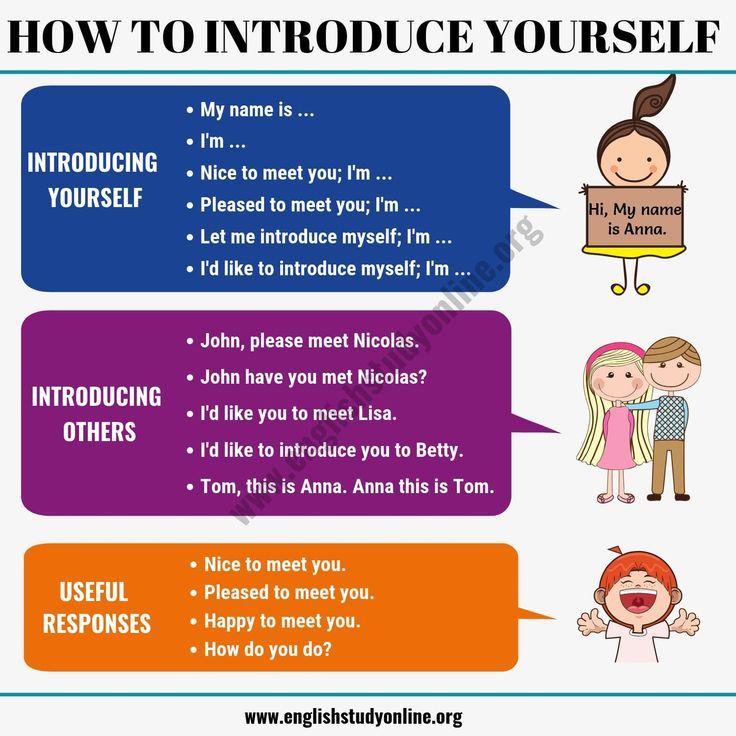
Bland this seems to be the result of generations having completely different conceptions of family life.
Image copyright, BBC/Getty
Image caption,Different generations have different ideas about what a family should be like
According to her, in post-war Britain there was a very conservative idea of what a family should be like. People used to think of family life in terms of duty and self-sacrifice, which sometimes led them to put up with emotional and even physical abuse.
For children of that generation, the mismatch of values or expectations also plays a role. And another important factor is parental favoritism.
Positive aspects of alienation
But everything is not so simple. Just as traditional taboos regarding divorce have kept women in violent and exploitative marriages, so a dogmatic belief in the permanence and sacredness of the family can mean unnecessarily suffering for someone.

As Gilligan points out, "If relations between relatives are full of conflict, if they cause such suffering, then perhaps the best way out for both parents and their grown children is to break off these relations."
And people understand this. According to Stand Alone, for more than 80% of people who choose to break up with loved ones, this is associated with at least a few positive things - such as freedom and independence. It's a way to overcome the past.
It is also important to note that a breakup is not necessarily permanent. People can restore relationships, get closer again.
Yes, and conflicts do not always arise immediately with all other family members.
For example, in Vietnamese families, despite the fact that LGBT or transgender affiliation is unacceptable for parents, brothers and sisters are much more tolerant of this.
Alienation in the family is also painful because it is not clear how long it will last and whether it will end at all.
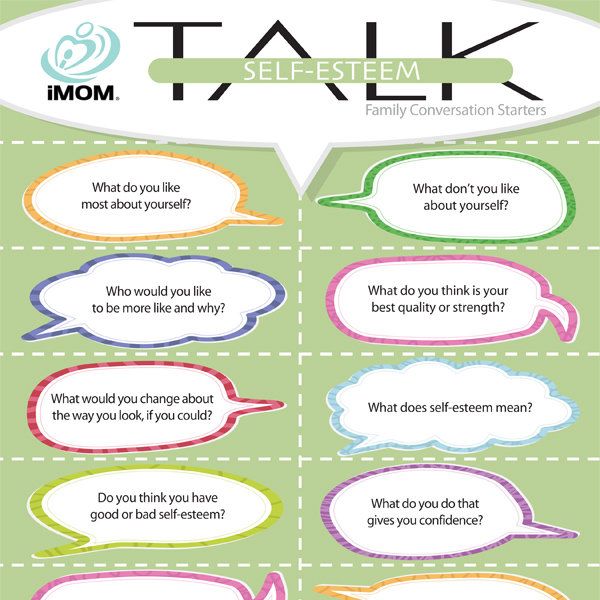
Photo credit, BBC/Getty
Photo caption,For more than 80% of respondents, the breakup of a relationship was associated with newfound freedom and independence in the eyes of society," Gilligan said.
For example, in an article in an online publication for pensioners, the author blames alienation on individualism, divorce, psychotherapy, and the "immaturity of children."
And even psychotherapists often blame their patients for not communicating with one of their close relatives. Women are especially easily ostracized for this. Some people even have to minimize their social contacts, just to keep others from their family problems.
But, as experts emphasize, people who are already isolated from their families should not be driven into a corner, aggravating the situation.
Another aspect: from the point of view of scientists, such ostracism makes it difficult to understand how many people are actually alienated from their families.

This is especially difficult to find out in those countries and cultures where it is considered unacceptable to discuss family conflicts.
The author of books about tasty and healthy food, Nanditi Godbole, knows all this very well. "I've come to terms with the fact that people will take time to reconnect with me. And some may never do it," she says. "I'm fine with that."
So even if alienation is difficult to overcome, there is no reason to be ashamed of it - like many other painful situations in life.
---
Read the original English version of this article at BBC Future .
Moving away from my family, from my parents
Hello. My name is Olga, 29 years old. I am not married, but I have been living with martyr for 3 years, I have no children and do not want to. I am worried about my relationship with my parents and sisters. I started to move away from my family. That is, not intentionally, but somehow it turns out that I very rarely communicate with them.
 I feel guilty about this. For example, all my friends, girlfriends, so to speak, call up their mother every day, or several times a week.
I feel guilty about this. For example, all my friends, girlfriends, so to speak, call up their mother every day, or several times a week. Once a week is enough for me, and I don't even talk on the phone, we just text each other in a messenger. I am not a very sociable person, and after work I want to be alone and not communicate with anyone. My mch is also not particularly talkative, and this suits me very much. My mother and I used to even have quarrels about the fact that she often wrote to me and called me at the wrong time.
Now I explained the situation to her, she writes to me 2 times a week, but I understand that she is bored and she misses my communication. And I don’t like to chat about trifles, we don’t have particularly common topics, and I somehow generally protected myself from everyone, and I only talk with my boyfriend. And it doesn't bother me. But I at least communicate with my mother, but with my father and sisters (I have two of them, younger ones) I generally talk when I come to visit, this is about once a month.
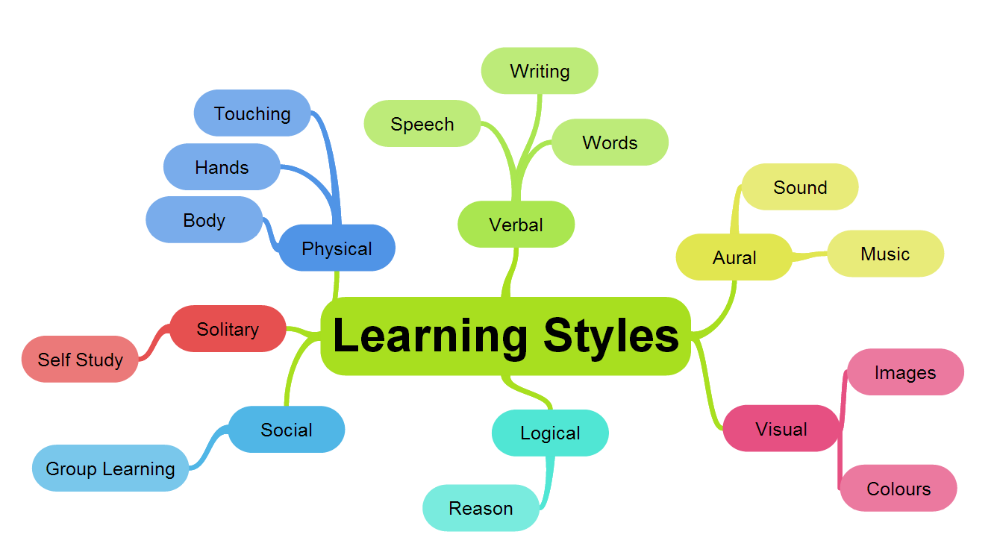 And even then this year I have not come for 2 months.
And even then this year I have not come for 2 months. For some reason this is a burden for me. After I see them, this communication is enough for me for a week, and after 2 days my mother writes that she misses me. That's all I blame myself for. I don’t understand that something is wrong with me, or am I really so tired of communicating with people at work that there is no strength left for my family. What should I do so that I would not be a burden and they were happy? Why am I isolated from my family?
Olga
That's all I blame myself for.And absolutely in vain - blame yourself.
Actually, it's just not normal to call your mother every day... You're doing fine, normal sound approach.
In principle, many families live in Moscow, so they meet with relatives several times a year... and phone calls as needed. You are not a "girlfriend" and not a "vest" for your mother, you have your own life and your own man - so - "let your mother complain about her problems to her husband!" ))
Olga
For some reason this is hard for me.
Learn more




